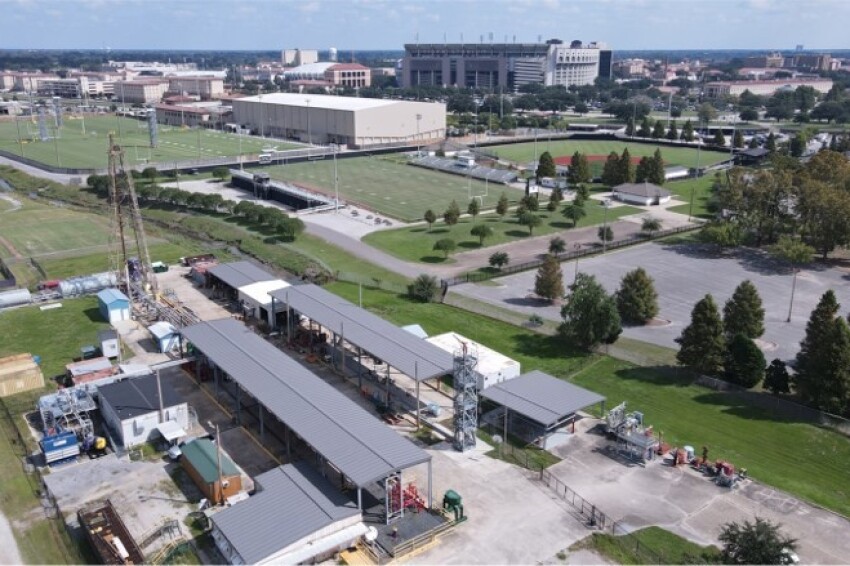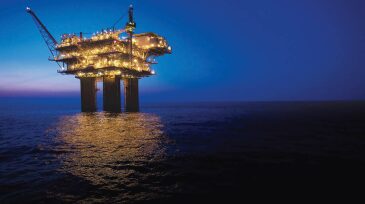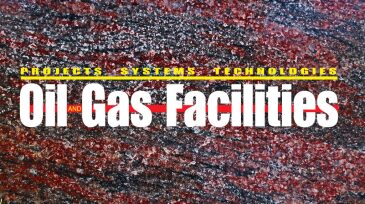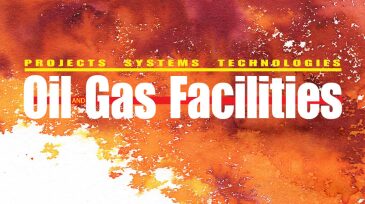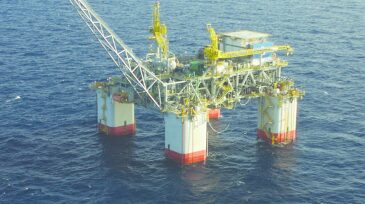Flow assurance
For more than a century, LSU has shaped petroleum engineering education, but few assets showcase its impact like the PERTT Lab. With six deep test wells and rare reservoir-depth gas-injection capabilities, the facility is helping drive breakthroughs in well control, carbon-dioxide injection, and next-generation energy technologies.
Experience in subsurface production and lift design is shaping a new generation of geothermal operations built for reliability and scalability.
The research facility said it plans to add multiphase-flow-testing capabilities for heavy oil and different viscosities.
-
A presentation from the 2016 Gulf of Mexico Deepwater Technical Symposium examines a testing strategy to determine the effectiveness of paraffin inhibitors.
-
This paper presents a state-of-the-art review of scale-inhibitor-analysis techniques and describes how these techniques can be used to provide cost-effective scale management.
-
An experimental study was conducted by use of a 6-in.-inner-diameter facility to analyze three-phase stratified wavy flow in horizontal pipelines.
-
In trying to reduce the footprint of facilities, operators often select the wrong piping components, hampering the performance. Selection of the right piping can avoid separation issues.
-
Construction costs, contractor involvement, flow assurance, and the integration of new technologies created to improve production are some of the deepwater challenges exacerbated by the current low price environment.
-
Use of surfactants and gas lift in combination to suppress severe slugging were tested. Surfactants were able to suppress severe slugging for most of the cases, and gas lift helped significantly.
-
The Tamar deepwater gas development offshore Israel experienced a short 4-year gap between discovery and startup, but doing so required the tough decisions in handling significant flow assurance issues.
-
Flow assurance issues offshore fall into three main categories -- production chemistry (deposition), operational issues (sand, slugging, foaming, emulsions) and integrity (corrosion, erosion)
-
When energy and healthcare collaborate, innovation is born. Pumps and Pipes, an unprecedented cross-industry collaboration between oil and gas exploration and production (E&P), cardiovascular medicine, aerospace, and academia, has grown into an international forum for transferable ideas and technolo
-
For many projects, asphaltene management plans are a matter of remediation or prevention. In the past decade, models have been developed to predict how asphaltene particles will behave in oil—the conditions under which precipitation and agglomeration occur.

